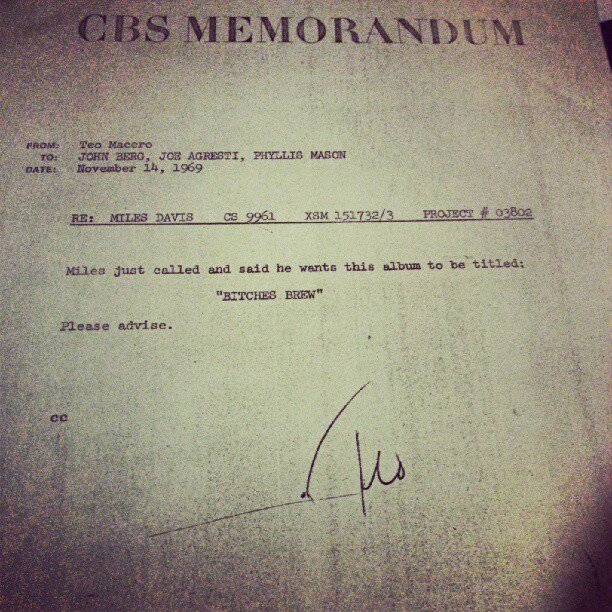This quiet deep cut off 1995's The Ghost of Tom Joad LP, for instance. It tells a tale of an ex-con, and the push and pull he feels as he's buffeted by various forces: his wife, his shady family, his soul-killing job, his desire to stay straight, the siren call of the illicit life.
Got out of prison back in '86 and I found a wife
Walked the clean and narrow
Just tryin' to stay out and stay alive
Got a job at the rendering plant, it ain't gonna make me rich
In the darkness before dinner comes
Sometimes I can feel the itch
I got a cold mind to go tripping across that thin line
I'm sick of doin' straight time
My uncle's at the evenin' table makes his living runnin' hot cars
Slips me a hundred dollar bill, says
"Charlie, you best remember who your friends are"
I got a cold mind to go tripping across that thin line
I ain't makin' straight time
Eight years in, it feels like you're gonna die
But you get used to anything
Sooner or later it just becomes your life
Kitchen floor in the evening, tossin' my little babies high
Mary's smilin' but she watches me always out of the corner of her eye
Seems you can't get any more than half free
I step out onto the front porch and suck the cold air deep inside of me
Got a cold mind to go tripping 'cross that thin line
I'm sick of doin' straight time
In the basement, huntin' gun and a hacksaw
Sip a beer and thirteen inches of barrel drop to the floor
Come home in the evening, can't get the smell from my hands
Lay my head down on the pillow
And go driftin' off into foreign lands
Like many of the tracks on the album, the song ends somewhat unresolved, with the final lyrics being not an expected return of the title, but just half of another verse (although, interestingly, harmonically it does resolve to the tonic, unlike some of the album's other songs).
It's that last full chorus which is the key to the song's greatness:
Kitchen floor in the evening, tossin' my little babies high
Mary's smilin' but she watches me always out of the corner of her eye
Seems you can't get any more than half free
It's easy to sympathize with the narrator, as he suffers that horrible feeling of not being trusted by the one person in the entire world who should trust him unconditionally.
Except...except.
Mary’s watching him, yes. But why?
Is it because as an ex-con he can never be fully trusted?
Or because she's his wife, and she can tell that her husband is teetering on a precipice, and he's slipping?
Is he slipping because no one fully trusts him, not even his wife? Is that a self-fulfilling prophecy? Oh, you don't trust me? Well, then I might as well go back to my old ways.
Is he simply paranoid? Is she watching him because it’s hardwired into many species to keep an eye on their spawn at all times? After all, he is doing something that's at least a bit dangerous with their children.
Or maybe she's just watching him play with their kids because it makes her so damn happy to see?
Is it all just an excuse? Is he simply looking for a reason to go back?
Or is it even all just unavoidable? As he himself says earlier in the song:
That's some sweet writing. And it's just another track off one of his least-known albums.
Except...except.
Mary’s watching him, yes. But why?
Is it because as an ex-con he can never be fully trusted?
Or because she's his wife, and she can tell that her husband is teetering on a precipice, and he's slipping?
Is he slipping because no one fully trusts him, not even his wife? Is that a self-fulfilling prophecy? Oh, you don't trust me? Well, then I might as well go back to my old ways.
Is he simply paranoid? Is she watching him because it’s hardwired into many species to keep an eye on their spawn at all times? After all, he is doing something that's at least a bit dangerous with their children.
Or maybe she's just watching him play with their kids because it makes her so damn happy to see?
Is it all just an excuse? Is he simply looking for a reason to go back?
Or is it even all just unavoidable? As he himself says earlier in the song:
You get used to anythingNo way to know for sure. Every possibility is there, and more, all laid out in fewer than 250 words—about half the number of words in this post...and that's excluding the quoted lyrics. Springsteen's lyrical concision is staggering—we know who this guy is, what he's gone through, what he's going through, and we're pretty sure we have a pretty good idea what he's going to be doing shortly, even if he himself pretends he doesn't know yet.
Sooner or later it just becomes your life
That's some sweet writing. And it's just another track off one of his least-known albums.



.jpg)
